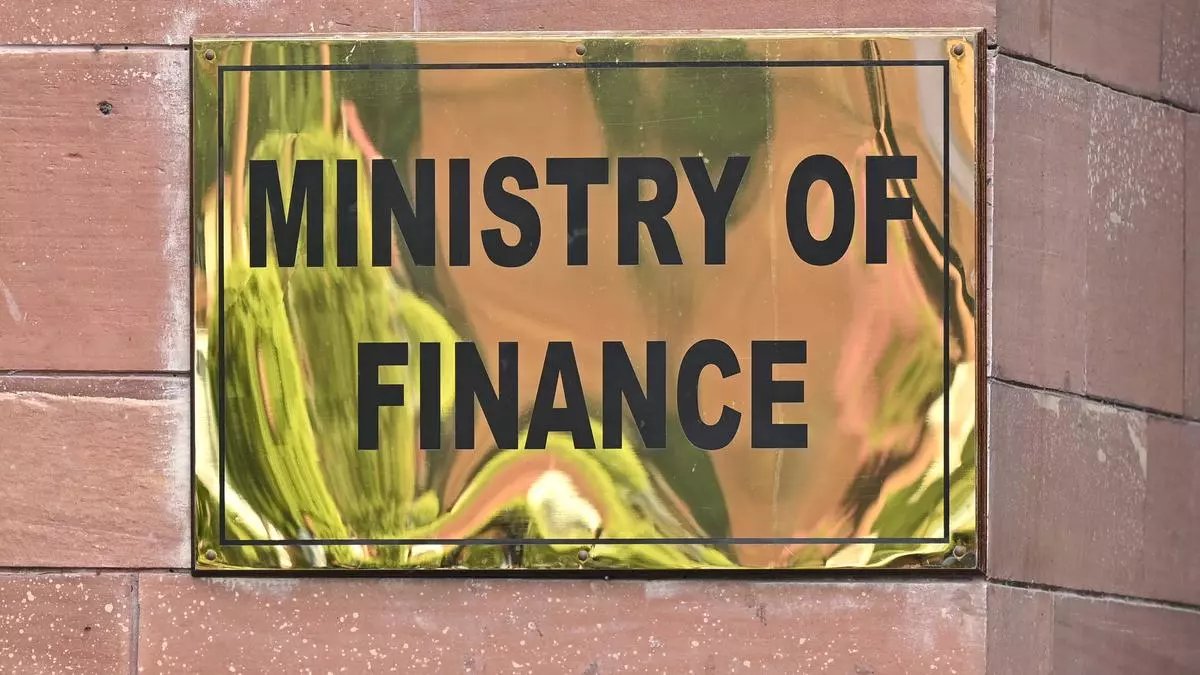The Finance Ministry has urged trade and industry bodies to give suggestions regarding changes in direct and indirect taxes for the Union Budget 2025-26. These can be given for Personal Income Tax (PIT), Corporate Income Tax (CIT), and Customs Duty or Central Excise Duty.
“GST-related requests are not examined as part of the Annual Budget,” a communication from the Finance Ministry said. For all other taxes and duties, it said that trade and industry bodies may send suggestions for changes in the duty structure, rates, and broadening of tax bases on both direct and indirect taxes, providing economic justification for them. The suggestions can be submitted by October 25.
- Also read: Finance Ministry kicks off Budget exercise for FY 2025-26
Changes in direct and indirect taxes in the FY26 budget would be critical on three counts. First, the government has set a target of bringing the fiscal deficit (difference between the government’s expenditure and income) to 4.5 per cent. Second, it could possibly be the last budget when the fiscal deficit is proposed as a proportion of GDP (Gross Domestic Product). The Finance Ministry has already indicated that from FY27 onwards, emphasis will be on lowering the debt-to-GDP ratio, and accordingly, the fiscal deficit could be proposed as a range rather than a fixed number.
And third, the new budget is expected to unveil a redefined Income Tax Act. The CBDT has already formed an internal committee to oversee a comprehensive review of the Act. The goal is to make the Act concise, clear, and easy to understand, which will reduce disputes, litigation, and provide greater tax certainty to taxpayers. This committee has separately invited inputs and suggestions for four categories: simplification of language, litigation reduction, compliance reduction, and redundant/obsolete provisions.
Though date of the FY26 Union Budget has not been finalised, it is expected to be presented on February 1.
Meanwhile, the communication said that suggestions and views may be supplemented and justified by relevant statistical information about production, prices, and revenue implications of the changes. The request for correction of the inverted duty structure (IDS – higher duty on inputs, lower duty on outputs) should necessarily be supported by value addition at each stage of the manufacturing of the commodity. “It would not be feasible to examine suggestions that are either not clearly explained or which are not supported by adequate justification/statistics,” the communication said.
In terms of direct taxes, the communication has reiterated government’s policy in medium term, which talks about phasing out incentives, deductions, and exemption while simultaneously rationalising the rates of tax. The communication added that suggestions may also be given for reducing compliance, providing tax certainty, and reducing litigation.




